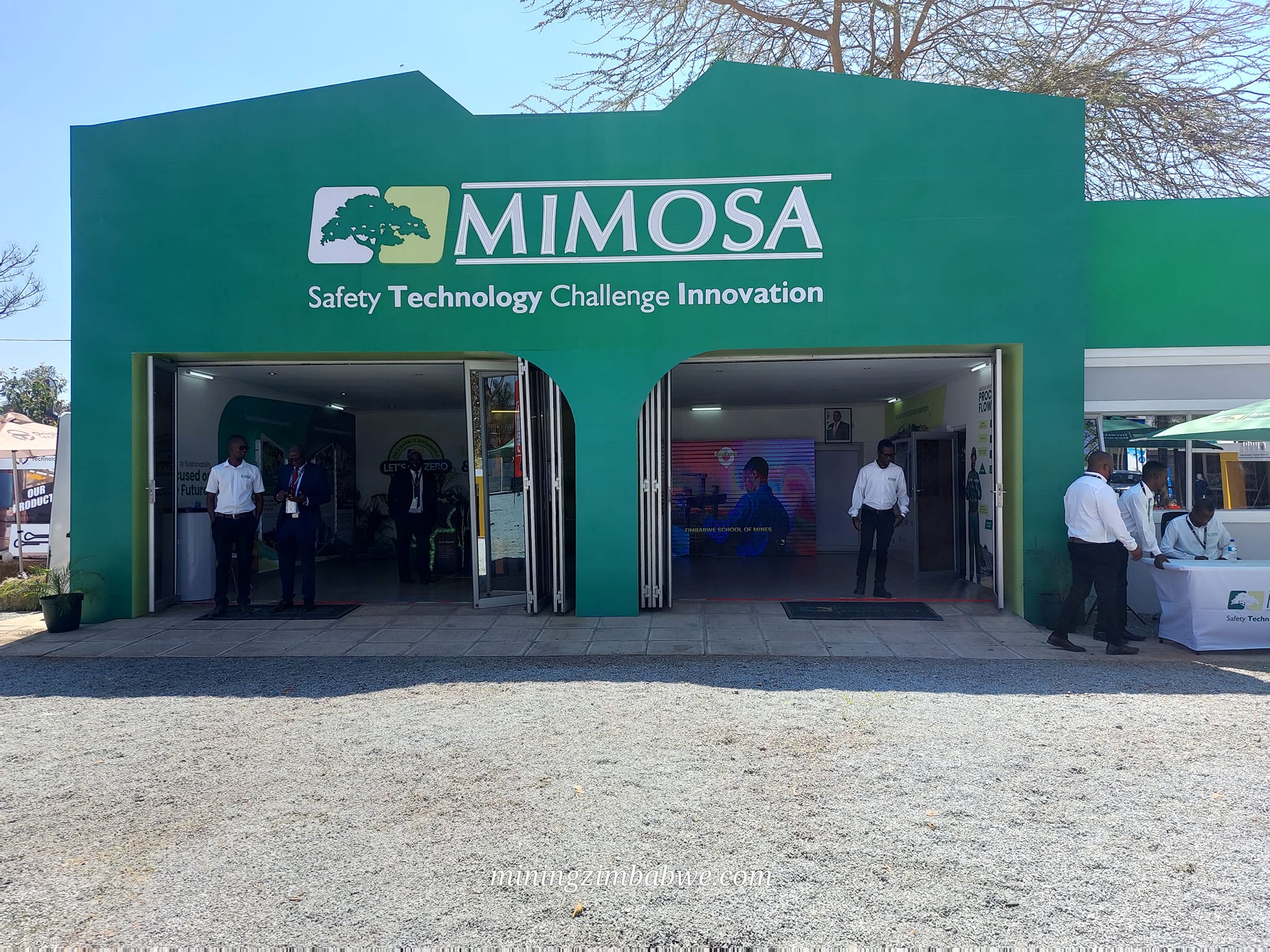Mimosa Mining Company’s (MMC) Local Enterprise Development (LED) and Supplier Support Program (SSP) are yielding positive results, as the PGM miner has so far capacitated five of its suppliers, some of whom are already exporting to the region, Mining Zimbabwe can report.
By Ryan Chigoche
Recently, there has been a notable relocation of primary industries from the SADC region to other global areas, primarily due to power supply and raw material issues, resulting in longer lead times. These challenges have put the sustainability of many companies at risk, prompting a reevaluation of the supply chain’s role in developing “survival strategies” focused on cost management and ensuring the smooth delivery of production materials to add value for stakeholders.
This has made sourcing supplies locally paramount, however, local industry suppliers face their own set of challenges that hinder them from meeting industry requirements. With loans to the mining industry currently making up just 11%, suppliers have struggled to obtain long-term finance for retooling and working capital. A few years ago, Mimosa signed a Memorandum of Understanding (MOU) with CBZ for a US$15 million facility meant to support suppliers through its LED program.
Mimosa currently runs two programs to support local suppliers: the LED program and the Supplier Support Program.
The LED program is limited to 10 participants, with a funding limit of US$2 million per participant and a repayment period of up to five years. The program has a US$5 million internal revolving fund and bank facilities of US$15 million.
The Supplier Support Program aims to provide suppliers with bridging finance to cover short-term cash flow gaps. Funding comes from partner financial institutions, with a funding limit of US$1 million per participant and a repayment period limited to 12 months.
To date, Mimosa has supported five suppliers, advancing a total of US$6.3 million. Here’s how the programs have revived and transformed each supplier’s operations:
- Original Technology: Value – USD 3 million Assisted in expanding production capacity by 300% through the setup of an automated resin bolt manufacturing plant, capable of producing 60,000 bolts per month. This enables them to meet local demand and supply the regional export market (Botswana, Zambia, Mozambique, and DRC). The plant was commissioned in April 2023, and their product profile has expanded to include spiral bolts.
- Rytecraft: Value – USD 2 million
Assisted in establishing a transportation company, now transporting 1,700 tonnes of concentrates to South Africa per month. They were funded in local currency and supported by a local financial institution to secure foreign currency for purchasing trucks. Operations commenced in July 2023. - Byword Motors: Value – USD 2 million (funded through CBZ)
Assisted with working capital and capital expenditure under the Supplier Support Program. They have constructed an additional vehicle service centre in Harare, now operating two centres (the other in Masvingo). - Boltrec: Value – USD 0.9 million
Assisted in setting up an automated conveyor roller manufacturing plant, producing 8,800 rollers per month. Roller production began in May 2023, and the company is currently undergoing reorganization. - Palawani: Value – USD 0.1 million
Assisted in establishing a conferencing and team-building facility at Palawani Dam. Numerous team-building sessions and conferences have been held at the facility this year. Additionally, they were supported in growing their agricultural business, now involved in fish farming, horticulture, and apiculture (honey farming).
To qualify for Mimosa’s Local Enterprise Development Programs and Supplier Support Development Program, applicants must be registered companies with all necessary statutory documentation, including a detailed company profile and registration with ZIMRA, NSSA, NEC, and VAT. The application process involves thorough due diligence, including site visits. Certain products also require quality certification, such as those from SAZ.
A clear value proposition and favourable commercial terms are essential for consideration. Additionally, applicants must demonstrate growth potential. The programs particularly prioritize disadvantaged groups to promote economic empowerment.
Despite the success of these programs, local suppliers still fall short in meeting the mining industry’s requirements. Issues such as limited manufacturing capacity, outdated technology, power outages, and raw material shortages persist. Additionally, quality challenges, uncompetitive pricing, extended lead times, and unfavourable trade terms further complicate matters.
CBZ Holdings is concluding talks with more mining companies to establish financing arrangements similar to that with Mimosa, in efforts to strengthen the sector’s supply chain. The financial services provider is set to make available a US$200 million financing facility through its Enterprise Supply Chain Development (ESD) program for this purpose.




